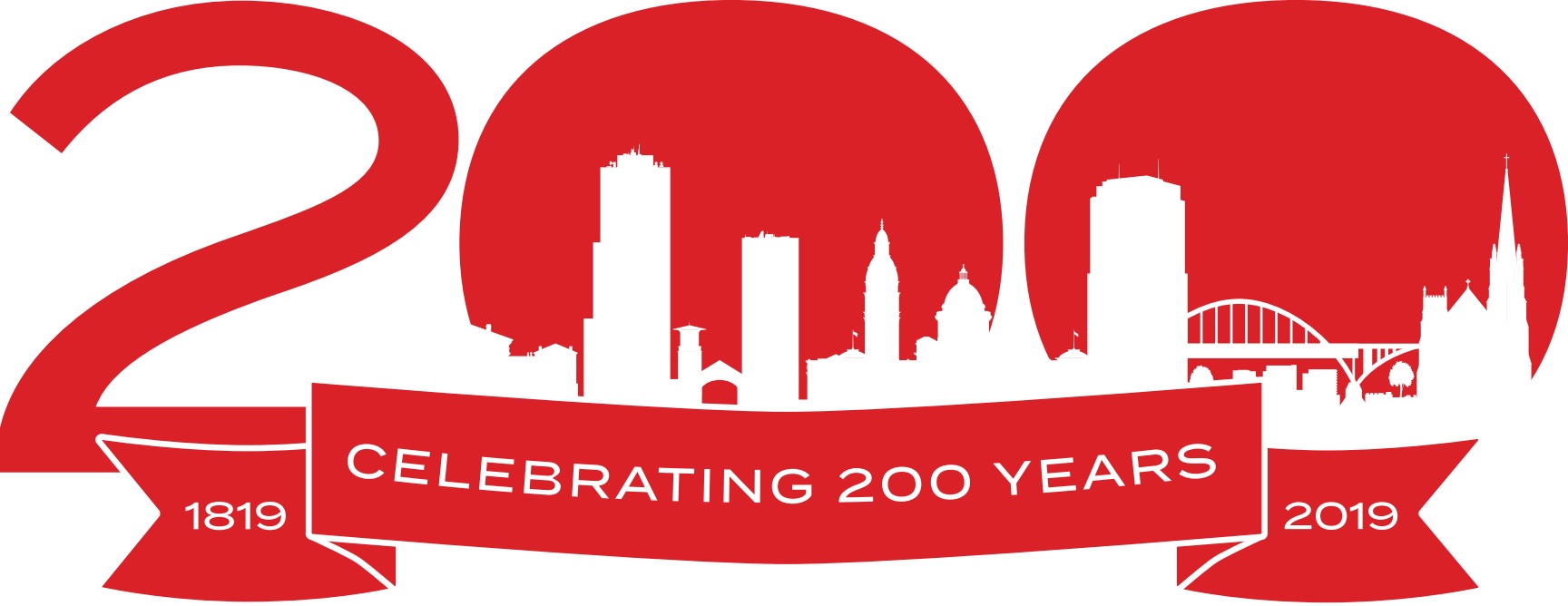
« 1979
It was 1979 and President Jimmy Carter’s approval rating was 25%. The nation was dependent on oil imported from a Middle Eastern cartel, OPEC, which kept jacking up the price. Gas shortages happened. On Independence Day, with cars stalling in lines at the pump and stations running dry, torrential rain forced cancellation of fireworks in the nation’s capital.
Carter was set to deliver a prime-time message July 5 about his plan to face the energy crisis.
Abruptly, he backed out.
He retreated to Camp David in Maryland and holed up there for 10 days. This was mysterious. All kinds of visitors came and went; it was very hush-hush. Then newsmen were invited in. Afterward, Walter Cronkite of CBS said Carter was “a deeply troubled and worried man. He does not spare himself in acknowledging he has lost the confidence of the people and the Congress.” John Chancellor of NBC said Carter seemed like a man who had made a number of New Year’s resolutions: “Get out more, reorganize, speak with a larger voice, talk to the people.”
The day Carter emerged, July 15, he gave a 33-minute speech in prime time. Almost half of all Americans who had their quaint analog television sets turned on witnessed this speech.
Although it was sprinkled with humor and quotes from everyday people, the speech conveyed a somber idea: American dependence on foreign oil was a symptom of a deeper problem. No amount of technology, legislation or money could solve it. The nation, he said, was in a crisis of confidence — people didn’t believe in their public institutions or leaders.
“This is not a message of happiness or reassurance, but it is the truth, and it is a warning,” he said.
He urged the nation to rally around independence. He mentioned six programs he would ask Congress to enact. Meanwhile, everybody should carpool, obey speed limits, control the thermostat.
This Page 1 of the July 16, 1979, Arkansas Gazette reported Arkansas reactions to “a sermon-like description of the general malaise facing the country.” Arkansas Sen. David Pryor, who had sent Carter a rabbit’s foot and a note that read, “You can do it,” called the plan very constructive. Gov. Bill Clinton said it was a terrific speech. Two energy industry executives were supportive. But Reps. Beryl Anthony and Ed Bethune expressed hesitation.
A thicket of myths grew up around the talk, beginning with the idea that Carter talked gloomily about “malaise.” He did not use that word once, and he did smile. People also came to assume the speech went over like a lead balloon. In his book What the Heck Are You Up To, Mr. President?, Kevin Mattson documents that Carter’s approval ratings shot up 11 points.
What sank him, Mattson says, came later that week — he demanded resignations from his entire Cabinet and senior staff. Five Cabinet members lost their jobs, and a general shakeup ensued. It looked like chaos.
— Celia Storey
You can download a PDF by clicking the image, or by clicking here.
